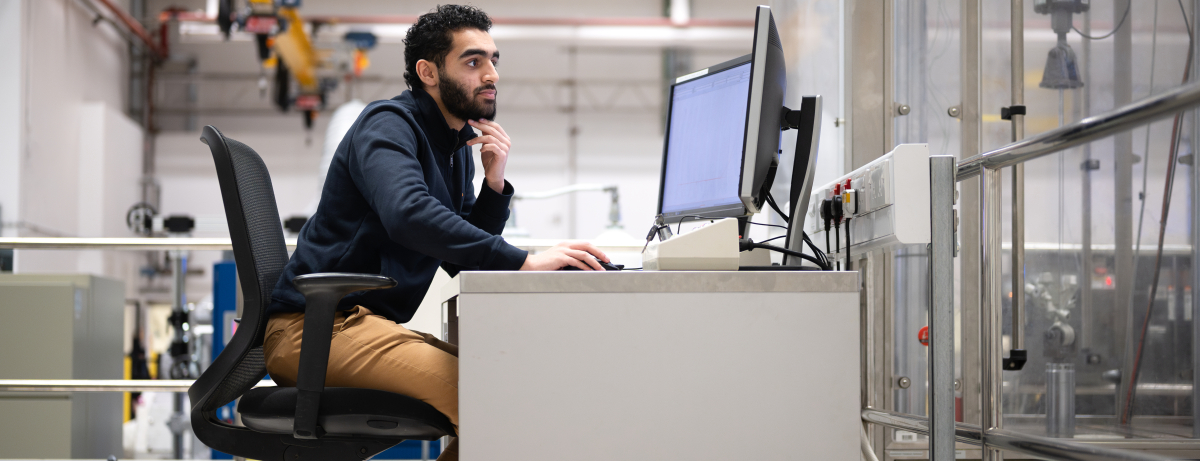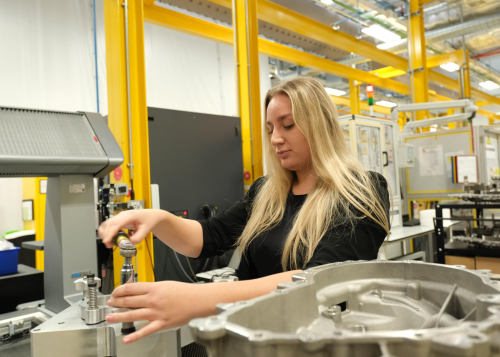Image

JLR FULL YEAR SALES UP OVER 20 PER CENT YEAR-ON-YEAR REFLECTING IMPROVED…
Image

JLR TO GENERATE OVER A QUARTER OF ITS UK ELECTRICITY THROUGH OFF-GRID RENEWABLE ENERGY PLAN
Image

JLR OPENS APPRENTICESHIPS TO CANDIDATES WITH T-LEVEL AND BTEC QUALIFICATIONS TO WIDEN TALENT POOL
Image

JLR REPORTS HIGHEST QUARTERLY PROFIT SINCE 2017
Image

JLR SALES GROWTH CONTINUES IN THE THIRD QUARTER
Image

FASTER, MORE FLEXIBLE, BETTER QUALITY: JLR TO DIGITALLY TRANSFORM ORGANISATION THROUGH PARTNERSHIP WITH TATA…
Image

DIGITAL SKILLS CONVERSION PROGRAMME HELPS JLR TROUBLESHOOT GLOBAL SUPPLY CHALLENGES AND DELIVER MULTI…
Image

JLR REPORTS ANOTHER STRONG QUARTER WITH BEST FIRST HALF REVENUE AND CASHFLOW ON RECORD
Image

JLR confirms Nitra’s electric future as it celebrates the plant’s 5th anniversary
Image

JLR ACCELERATES ELECTRIFICATION WITH NEW £250M STATE-OF-THE-ART FUTURE ENERGY LAB
THIS IS THE NEWSROOM SITE. NOT WHAT YOU'RE LOOKING FOR? VISIT
JAGUAR.COM
THIS IS THE NEWSROOM SITE. NOT WHAT YOU'RE LOOKING FOR? VISIT
LandRover.com
THIS IS THE NEWSROOM SITE. NOT WHAT YOU'RE LOOKING FOR? VISIT
JAGUARLANDROVER.COM






